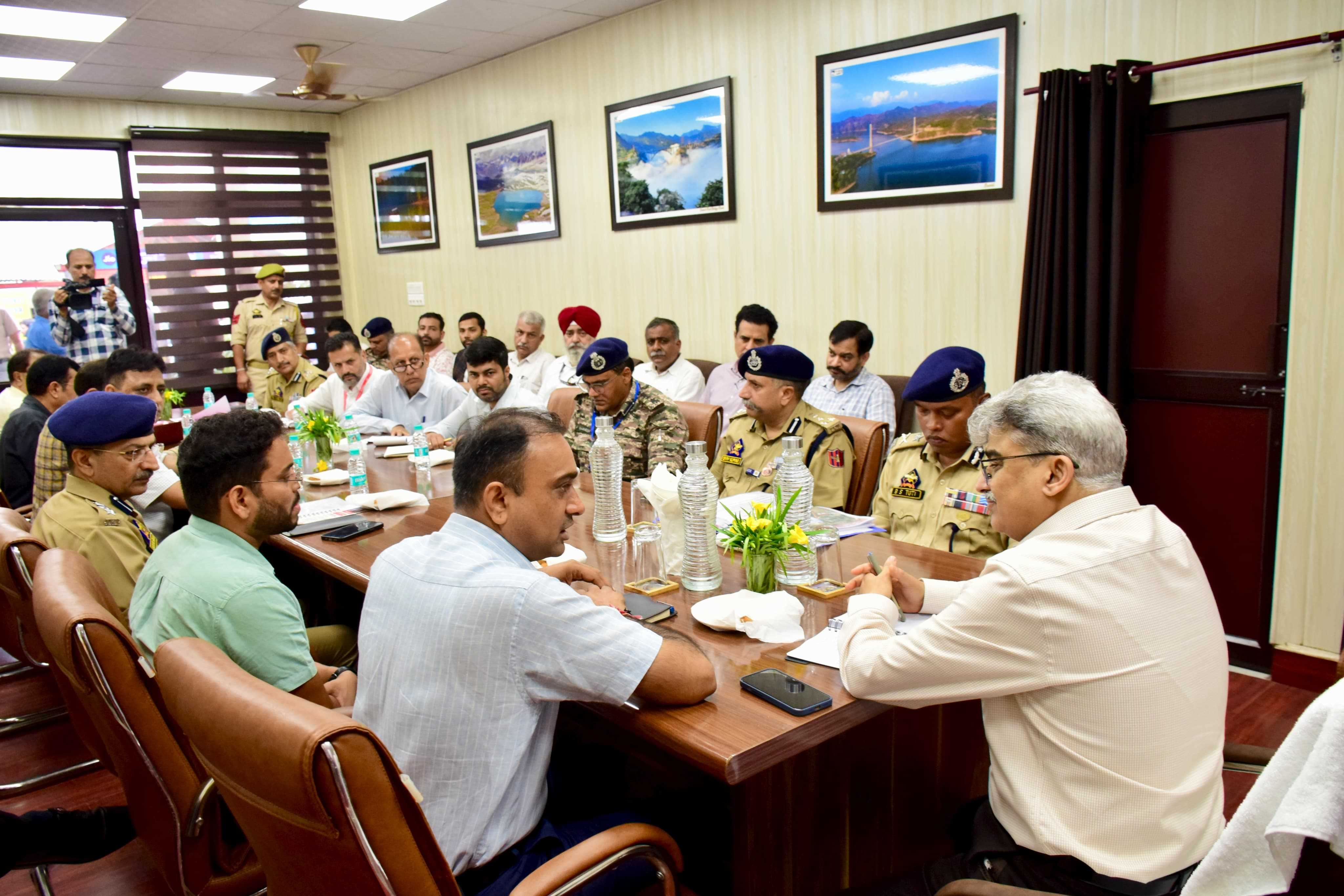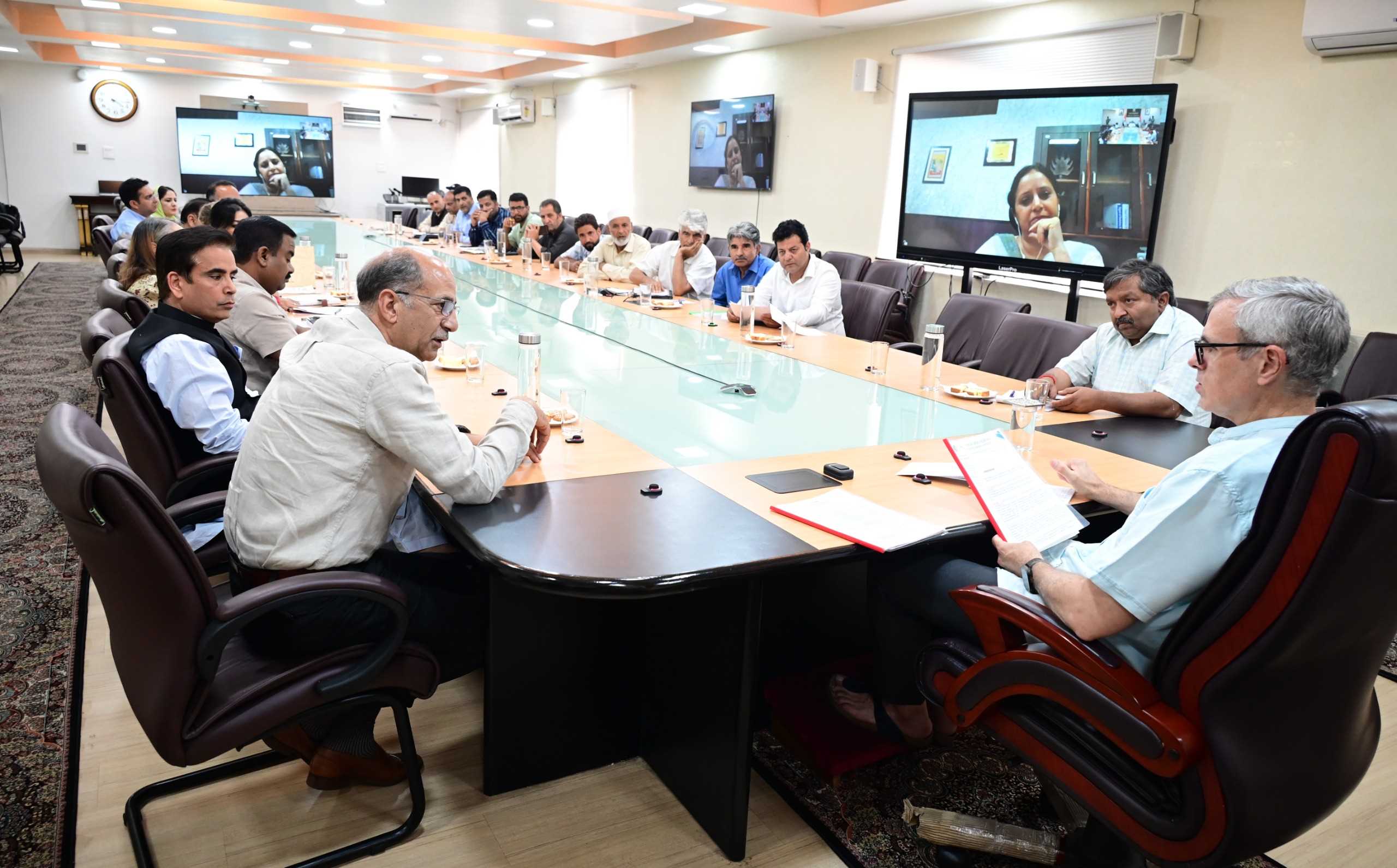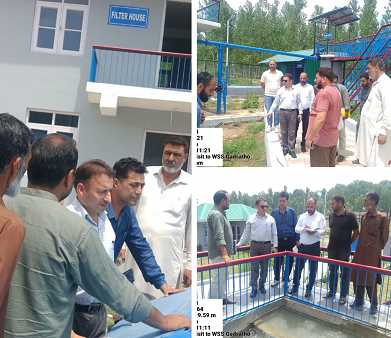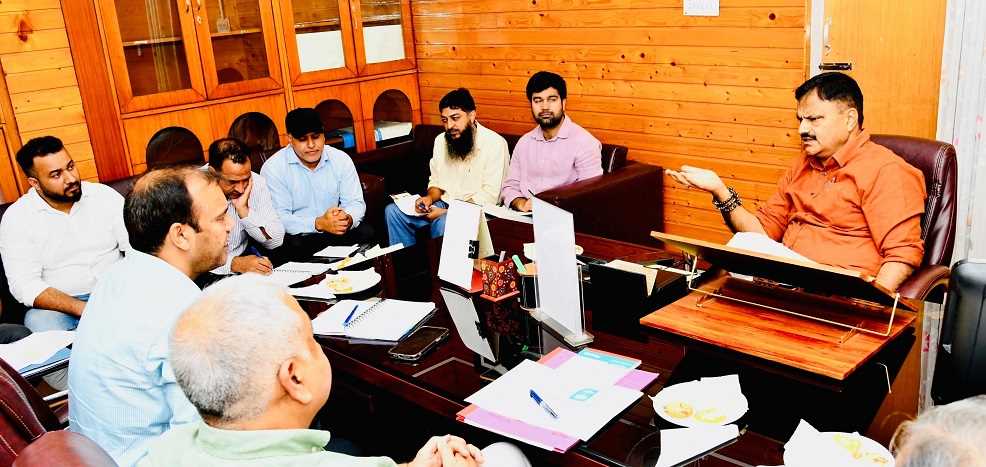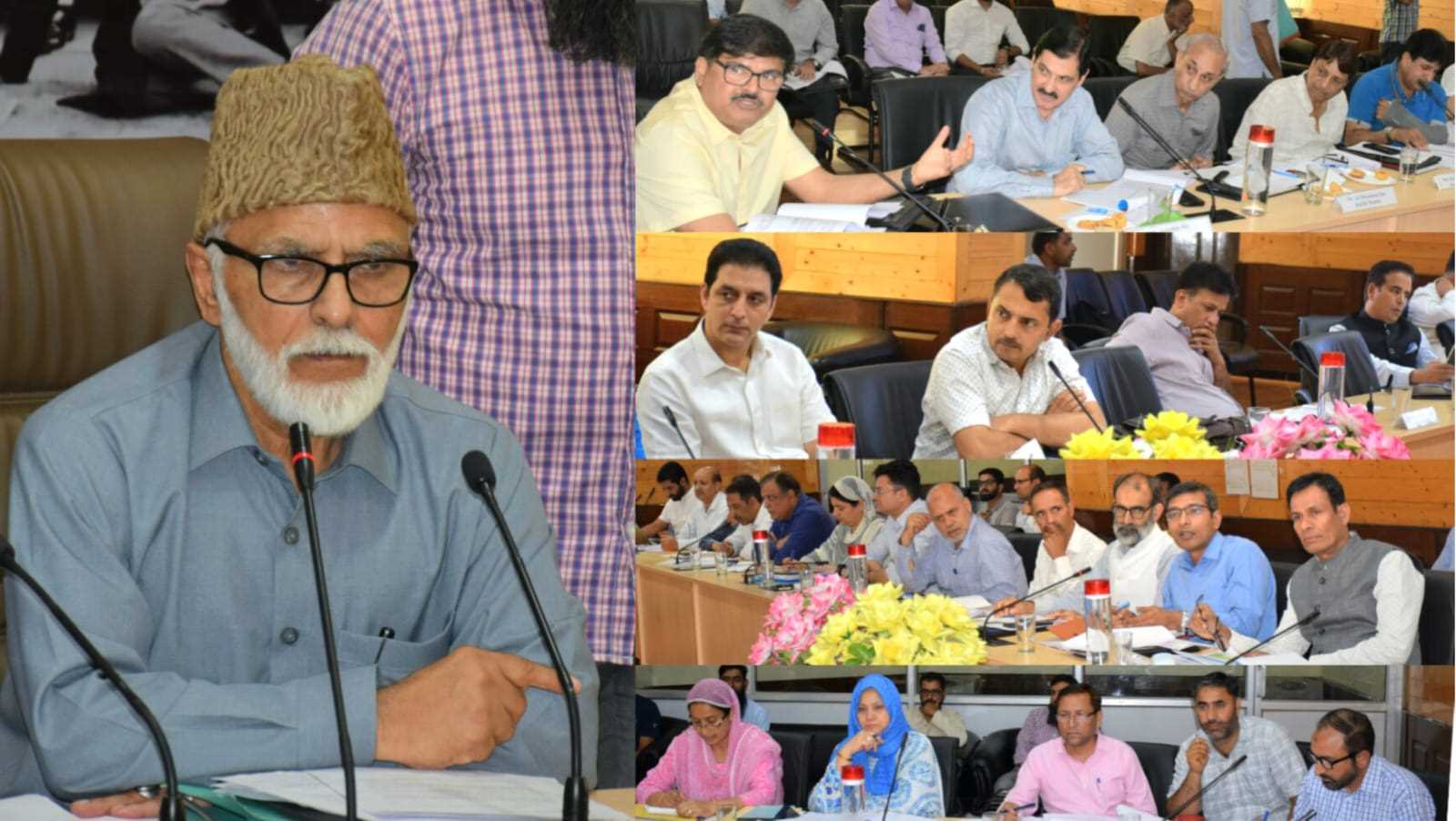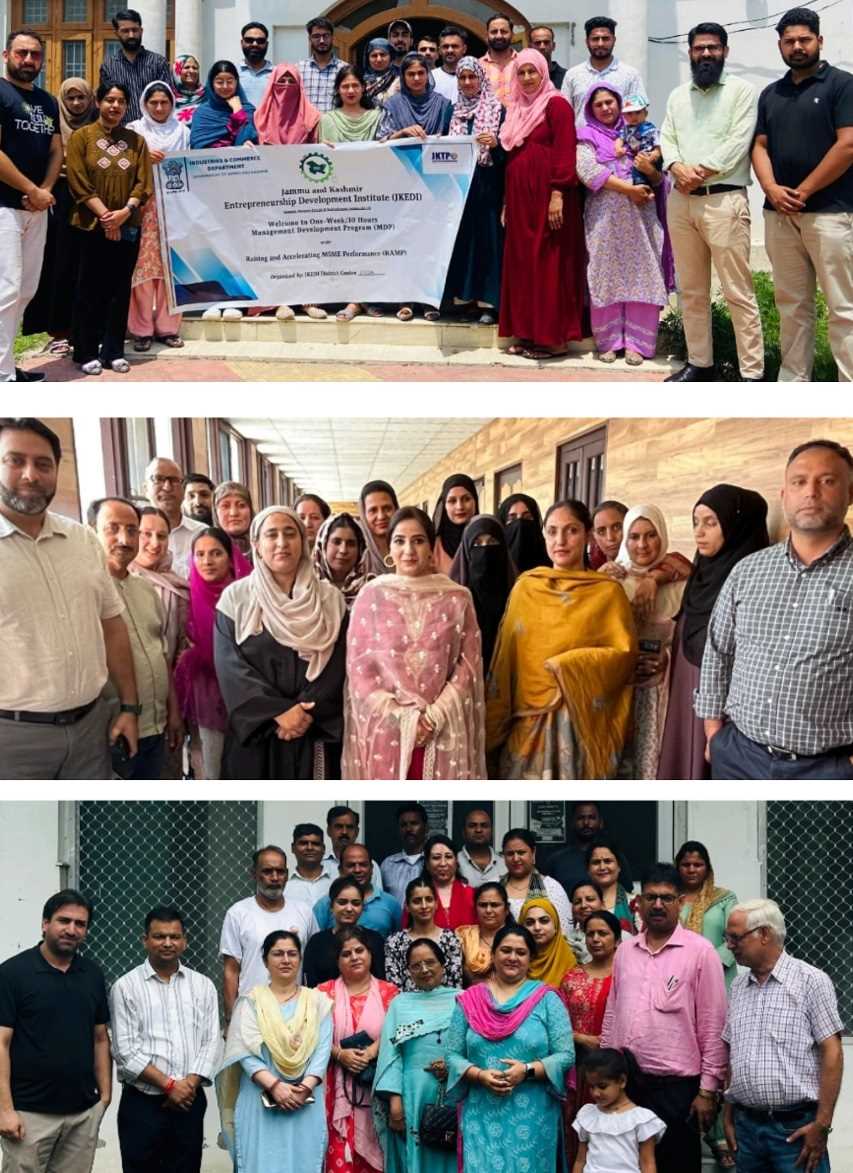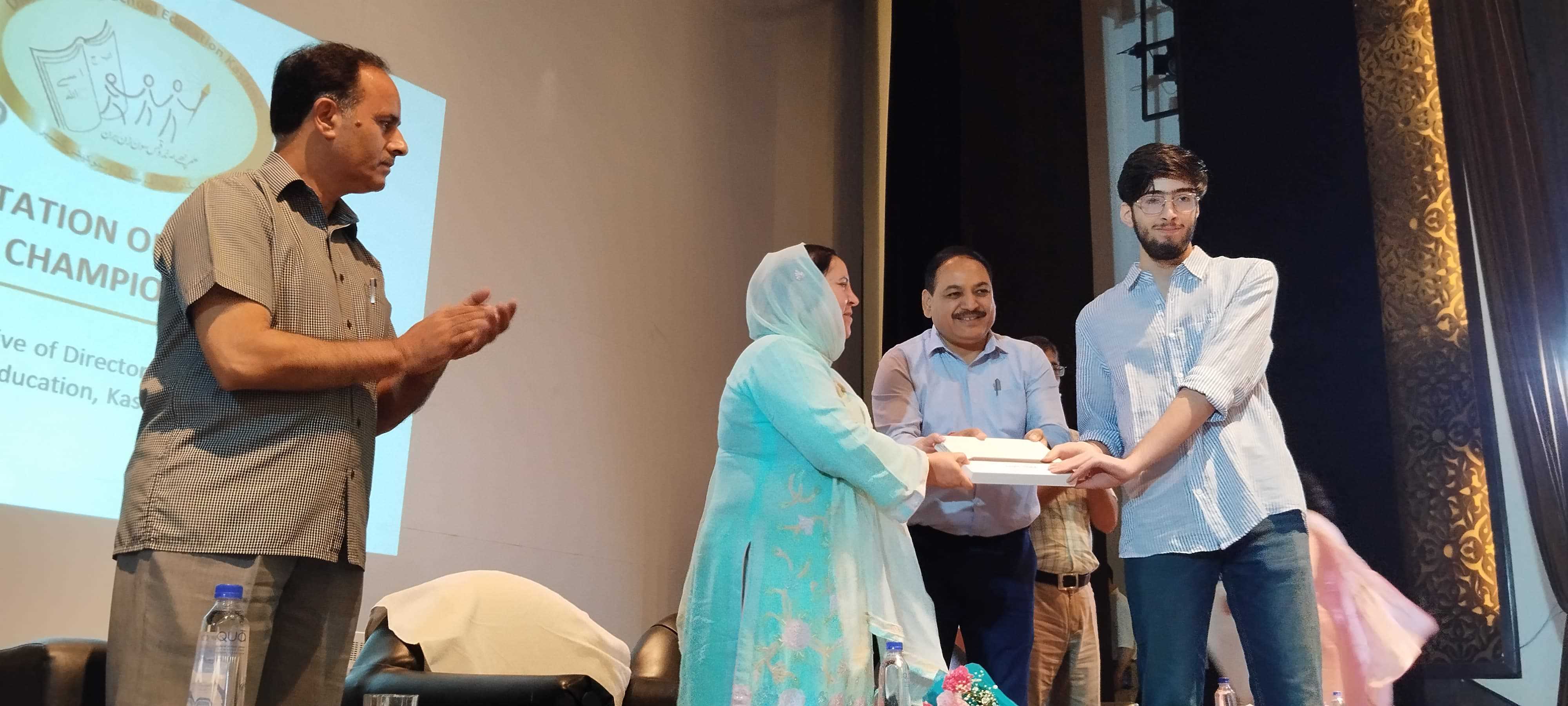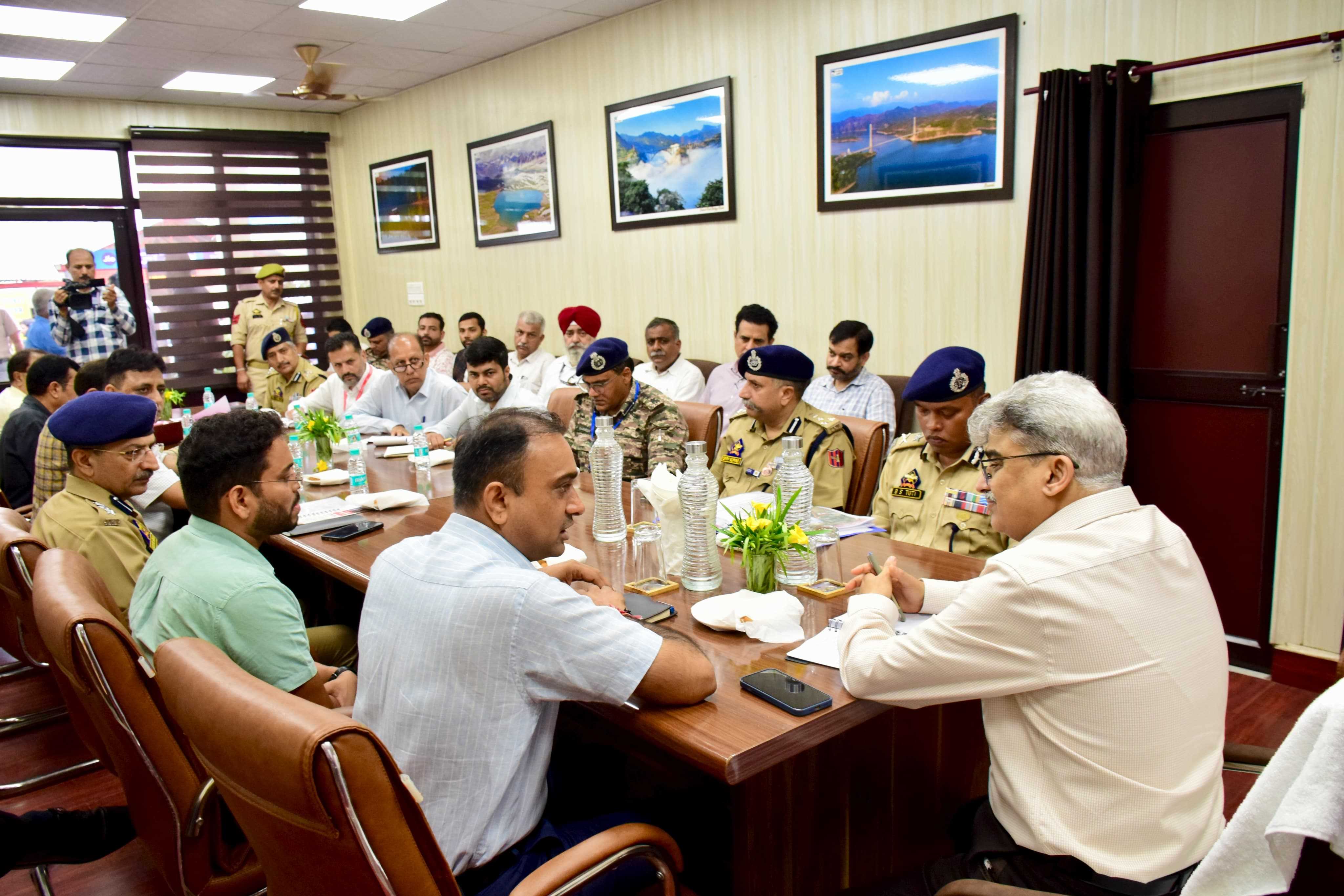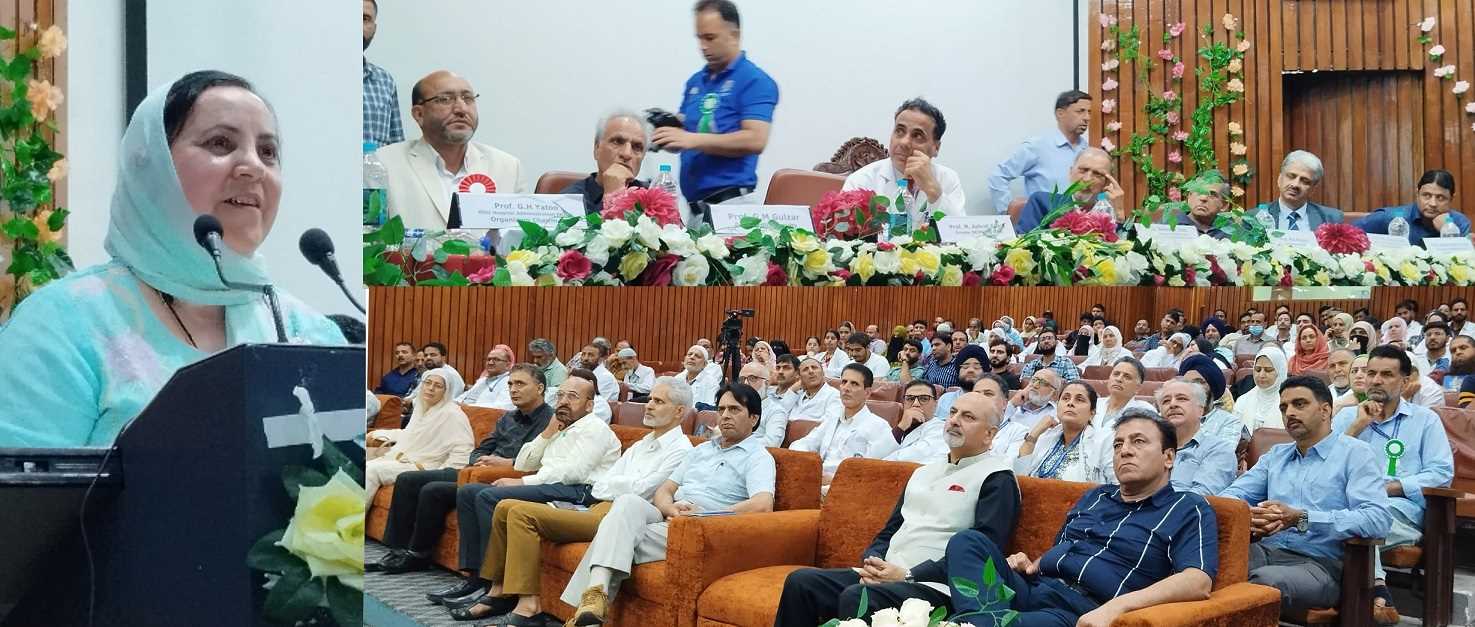The recent intense hailstorm that battered multiple villages in the Imam Sahab belt of south Kashmir’s Shopian district is a grim reminder of the precariousness that haunts our agrarian economy. Hundreds of apple orchards—a lifeline for thousands of families—have suffered devastating damage. The timing of this calamity is particularly cruel, with the apple and pear crops approaching a critical stage of development. This is not the first time that such untimely weather changes have devastated orchards. If Kashmir’s horticulture is to remain viable, the government under lieutenant governor Manoj Sinha and chief minister Omar Abdullah must urgently act to shield this vital sector. A comprehensive crop insurance scheme, specifically tailored to the Valley’s unique topography and climatic risks, is no longer optional—it is imperative. Kashmir’s horticultural sector, particularly apples and pears, contributes significantly to our GDP, provides employment to over three million people directly or indirectly, and forms the backbone of our rural economy. Shopian, Pulwama, Anantnag, and Baramulla are key apple-producing districts. Yet, every year, nature deals a blow—whether through hailstorms, untimely snow, droughts, or floods. Farmers, lacking proper financial cushions, are left at the mercy of moneylenders or are forced to abandon farming altogether. This is not sustainable. While there are existing national crop insurance schemes like the Pradhan Mantri Fasal Bima Yojana (PMFBY), their implementation in Jammu and Kashmir has been sporadic and ineffective, largely due to infrastructural limitations, lack of awareness, and bureaucratic apathy. It is time for Kashmir-specific intervention. The government has an opportunity—and a responsibility—to step up a state-backed comprehensive insurance model for apple and pear growers, covering not just yield loss but also quality degradation due to hail, frost, or disease. This insurance should be subsidized by the government and linked with precise satellite and drone-based damage assessments to ensure transparency and timely compensation. Local banks and panchayats must be engaged in awareness and enrollment drives to ensure farmer participation. Moreover, the scheme should go hand-in-hand with a broader strategy that includes building hail net infrastructure, promoting cold storage units, and digitizing land and crop records for faster claim processing. The idea is not just compensation—but resilience. If the farmers know they are insured, they will invest more confidently in their orchards, leading to higher productivity and income in the long run. The government’s reaction to this storm will serve as a litmus test. The government has often spoken of building a modern, secure, and sustainable Kashmir. Protecting the backbone of its rural economy would be a powerful place to begin. Kashmir’s orchardists do not need sympathy—they need a safety net.


